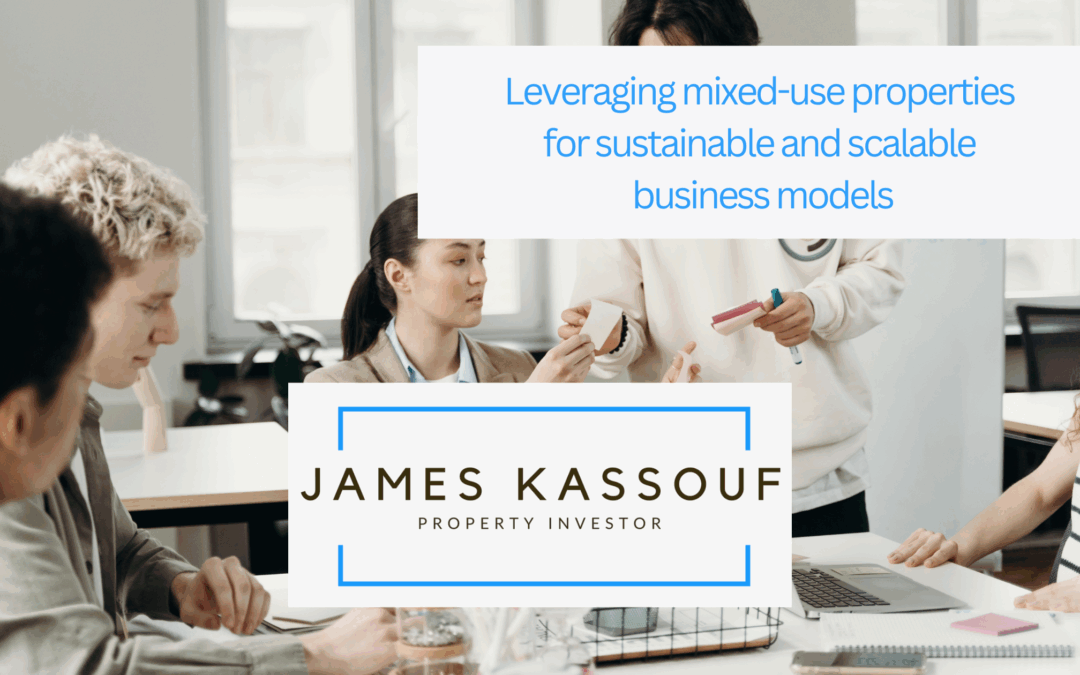In the evolving world of real estate and entrepreneurship, mixed-use properties have emerged as a smart solution for building both sustainability and scalability into modern business models. By combining residential, commercial, and recreational spaces into one unified development, these properties offer more than just convenience—they create environments where businesses can thrive long-term and adapt to change.
Mixed-use developments are inherently efficient. They reduce the need for commuting, promote shared infrastructure, and lower the carbon footprint of both residents and businesses. For entrepreneurs and investors alike, this aligns with a growing global demand for eco-conscious living and working. A retail shop within a walkable community or a café that doubles as a remote-work hub is not just good for the environment—it’s also good for the bottom line.
Sustainability, however, isn’t limited to green building practices. It also refers to a business’s ability to endure market shifts and consumer behavior changes. Mixed-use properties provide a built-in buffer. For example, a downturn in office leasing can be offset by the continued performance of ground-floor retail or residential rentals. This diversified income stream makes the overall model more resilient and scalable.
Scalability also comes from community engagement. Mixed-use developments naturally foster closer relationships between consumers and providers. Businesses get to know their customers—often neighbors—and can adapt quickly to their needs. Whether it’s hosting a pop-up market, offering delivery within the complex, or partnering with local service providers, businesses within these properties gain access to a hyper-local audience that helps refine and grow offerings without incurring massive expansion costs.
Moreover, technology integration within modern mixed-use spaces—such as smart building systems, digital directories, and app-based services—adds another layer of scalability. Entrepreneurs can test and deploy tech-driven services in one hub before expanding to others, making these properties ideal incubators for innovation.
Conclusion:
Mixed-use properties are more than a real estate trend—they are platforms for smart, future-ready business. By leveraging the built-in efficiency, community connections, and adaptability of these environments, entrepreneurs can create business models that are both sustainable in principle and scalable in practice. As the economy and consumer priorities continue to shift, those who embed their ventures in these thriving hubs will be well-positioned for long-term success.

